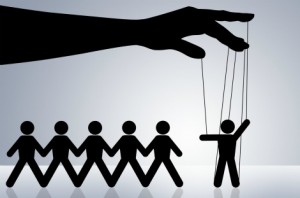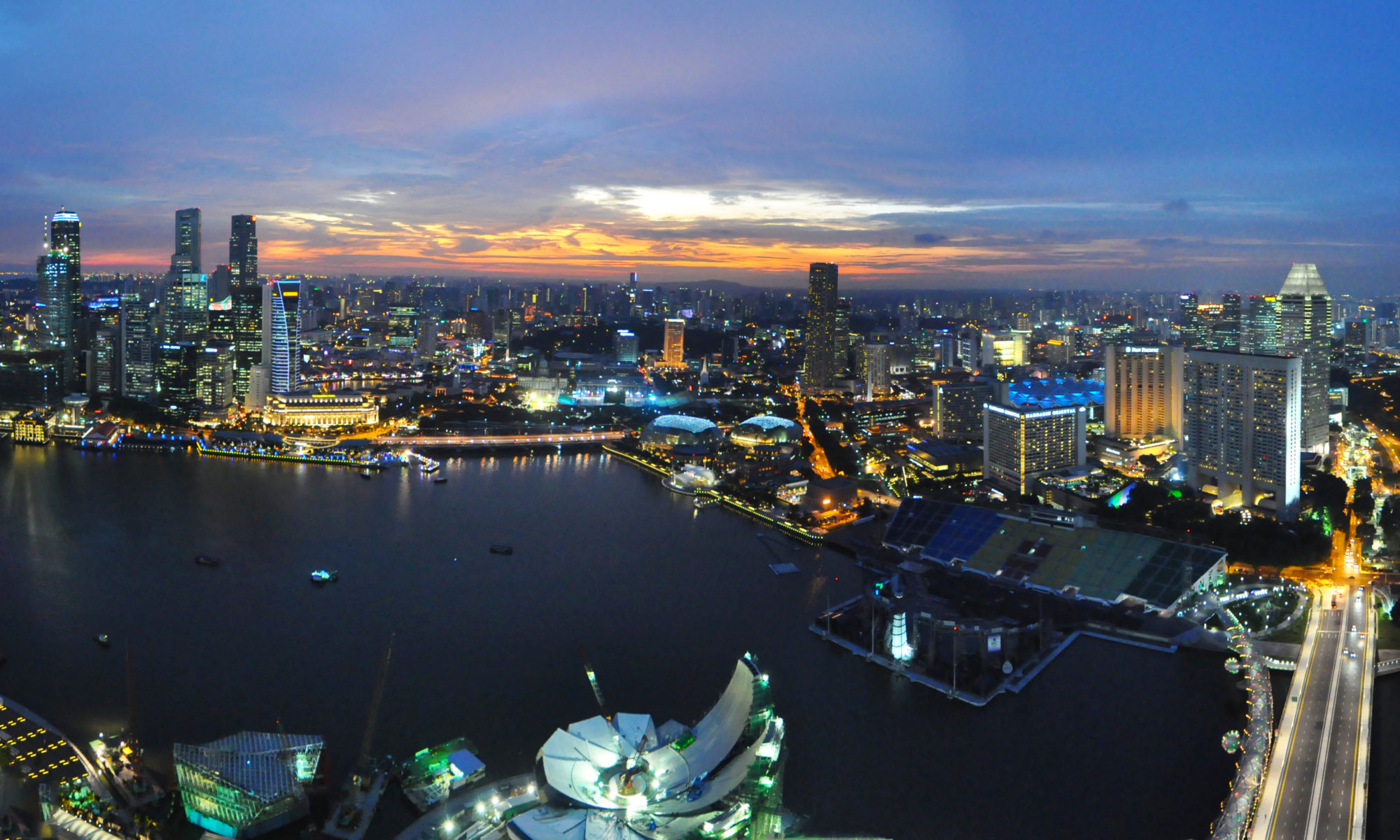 Three weeks ago I flew to the states for a brief visit with friends and a prospective employer. On the flight next to me sat an Asian man of my parents’ age. He appeared to be in his early 70s and was enjoying a rich life in retirement. He had just returned from a cruise on the Danube and was in Hong Kong visiting his daughter’s family. Apparently these two trips interrupted a busy golf schedule near his home in San Francisco.
Three weeks ago I flew to the states for a brief visit with friends and a prospective employer. On the flight next to me sat an Asian man of my parents’ age. He appeared to be in his early 70s and was enjoying a rich life in retirement. He had just returned from a cruise on the Danube and was in Hong Kong visiting his daughter’s family. Apparently these two trips interrupted a busy golf schedule near his home in San Francisco.
We talked aimlessly and without substance for a period. Then I stumbled upon a topic of deep interest to both of us. I asked him, “If you could go back in time and offer a younger version of yourself advice, what would that advice be?” He said, “I would tell myself that control is an illusion.”
Future events are unpredictable. Subordinates’ and colleagues’ actions are driven by their unknown desires and intellect. And under us all is the randomness of a massive system of billions of people swayed by the undulations of nature. Yet despite this sea of unknowns we often feel we are in control of uncontrollable situations.
Control is a state of mind. Like optimism. At our best we can influence those around us and enact consequences when they act against our wishes. But in reality the playing field is more level than our minds lead us to believe. A boss can fire or promote an employee. But does that lever have power against the needs of a wife, a child, or a personal ambition?
My airline seat neighbor rued his previous over-reliance on the illusion of control. He told me he worked hours that crushed his family life. That he lost sleep wondering how he could tip a business deal in his favor. He skipped holidays to right a business plan. He today doubts that those outcomes were even influenceable. He knows the price he paid with time and energy was not worth the incremental adjustment to the plan as it would have rolled out under its own devices.
Recognizing that illusion of control is easy. Staying relaxed under the prospect of failure is not. This is where mindfulness exercises can help. I have been experimenting with positivity self-reinforcement since my sabbatical’s start. It has resurrected my confidence after a disastrous start to my daily lessons. I suspect the same positivity exercises have an analog for limited our illusion of control. I bet meditation is key.
There is no question of our overestimation of our ability to control events. The real question is when we should abdicate responsibility. After all, the illusion of control can be helpful. It encourages us to own our problems and initiate positive action. It urges us to strive for success when chances are low. Hope–the belief that we can triumph–is a powerful motivator.
I believe the key is to identify ares with an illusion of control is not helpful. Indeed, I can think of a few where control is a deleterious illusion:
- Have you ever said, “Once I get through this everything will be better”? “This” is life. While your situation may improve, if you are not happy now you need to address that immediately. Don’t think you can solve one problem today and change permanently the storms of life.
- Have you ever thought, “If that person just knew what I know, they would do what I am want”? It is just as likely that once you know what they know that you will change your mind. They are not any more controllable than you.
- Do you believe you are smarter or more capable of making the right decision than someone else? You probably misunderstand how intelligence works. Do not impose your view to influence an outcome. Influence a person and develop a system that imposes success on the situation.
Spend a little time each day making sure you are in the moment. Appreciate the now. Address your current needs. Respect that every other person need do the same thing. When your job requires it, dictate with empathy. But prefer to influence with respect. The world will spin tomorrow whether your day ends well or not. Be honest and open with your intents. And trust in people that have earned it.
